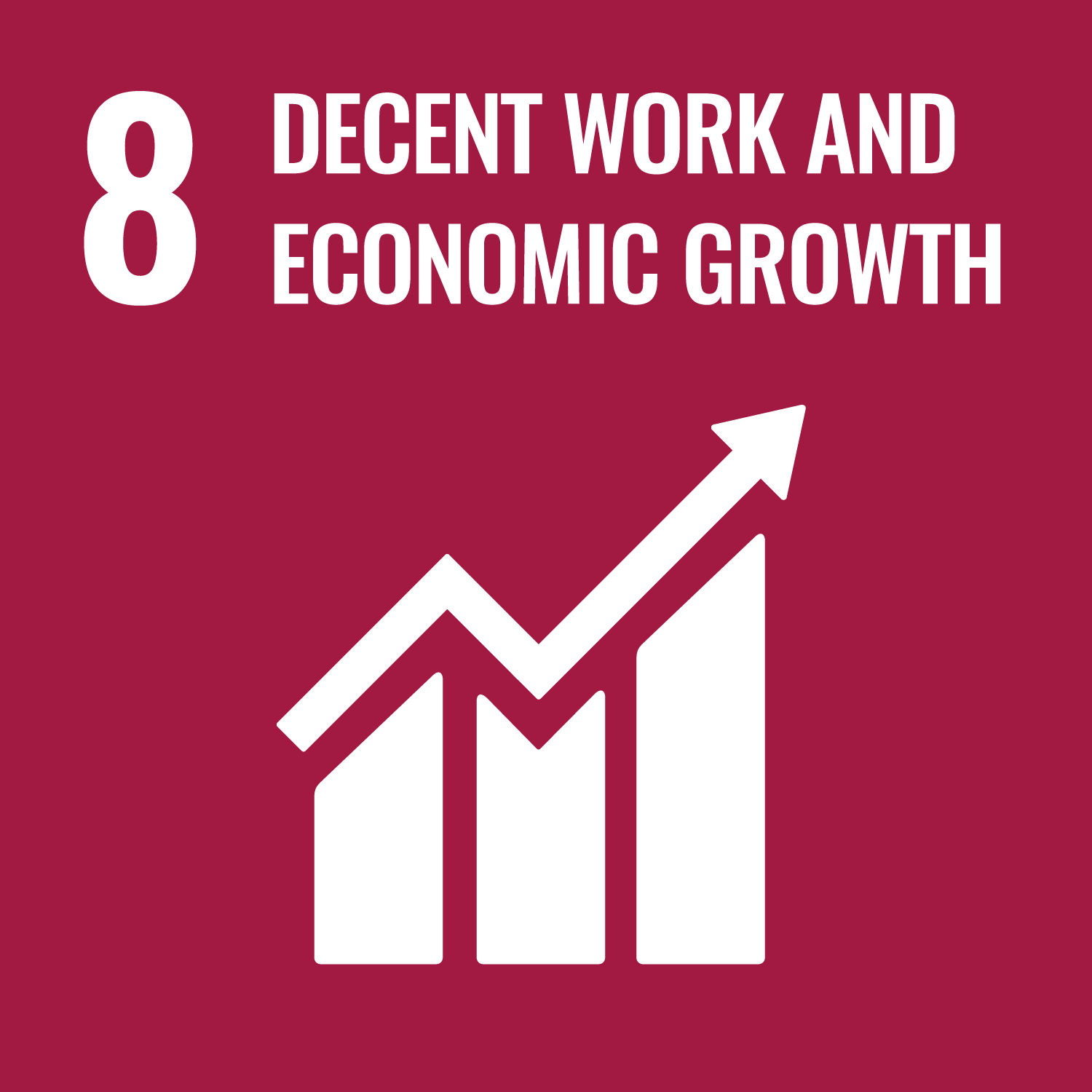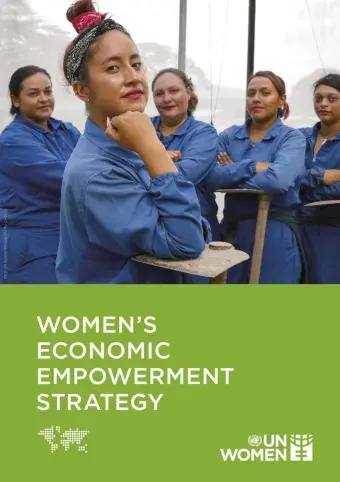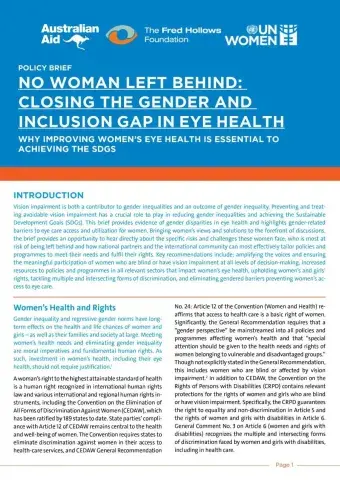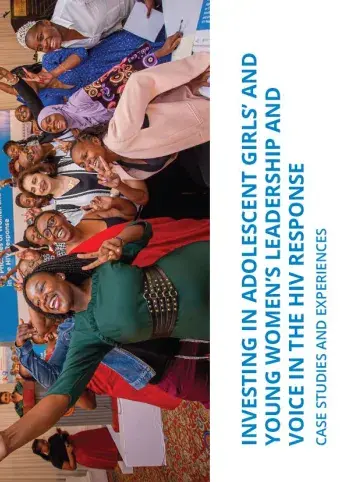SDG 8 – Decent work and economic growth
New labour underutilization indicator shines a spotlight on difficulties that women face in finding jobs.
The global unemployment rate in 2024 shows a narrow gender gap, with 5.2 per cent of women unemployed, compared to 4.8 per cent of men. The global jobs gap rate, which captures all persons who want employment but do not have a job, however, stood at 13.0 per cent for women, compared to 8.3 per cent for men, indicating that even if women desire employment, they are less likely than men to seek it or be available for jobs at short notice. This disparity underscores the significance of collecting and analysing detailed sex-disaggregated data on labour market attachment to inform policy decisions.
800 women
Every day, nearly 800 women die from pregnancy and childbirth-related causes
Employed women endure pervasive gender pay gaps due to occupational segregation, career interruptions and workplace discrimination. In the United Kingdom, approximately two thirds of the 14.5 per cent gender pay gap stems from gender-based biases in the workplace. Implementing wage transparency initiatives can help reduce gender pay gaps as can minimum wage policies and well-designed collective bargaining agreements. Yet only 41 per cent of agreements reviewed included gender equality clauses, such as provisions on equal pay for work of equal value.
New trends, notably the rise of artificial intelligence, are reshaping labour markets, influencing jobs availability, skills requirements and employment dynamics. Women’s employment is be significantly affected. Globally, women are more likely than men to hold jobs where human involvement could be replaced by artificial intelligence (3.7 per cent of female employment and 48 million female jobs compared to 1.4 per cent of male employment and 27 million male jobs). Closing the gender digital divide, education and training, and gender-responsive labour market policies and social protection are critical to address these risks and realize benefits for women and girls from the digital revolution.













